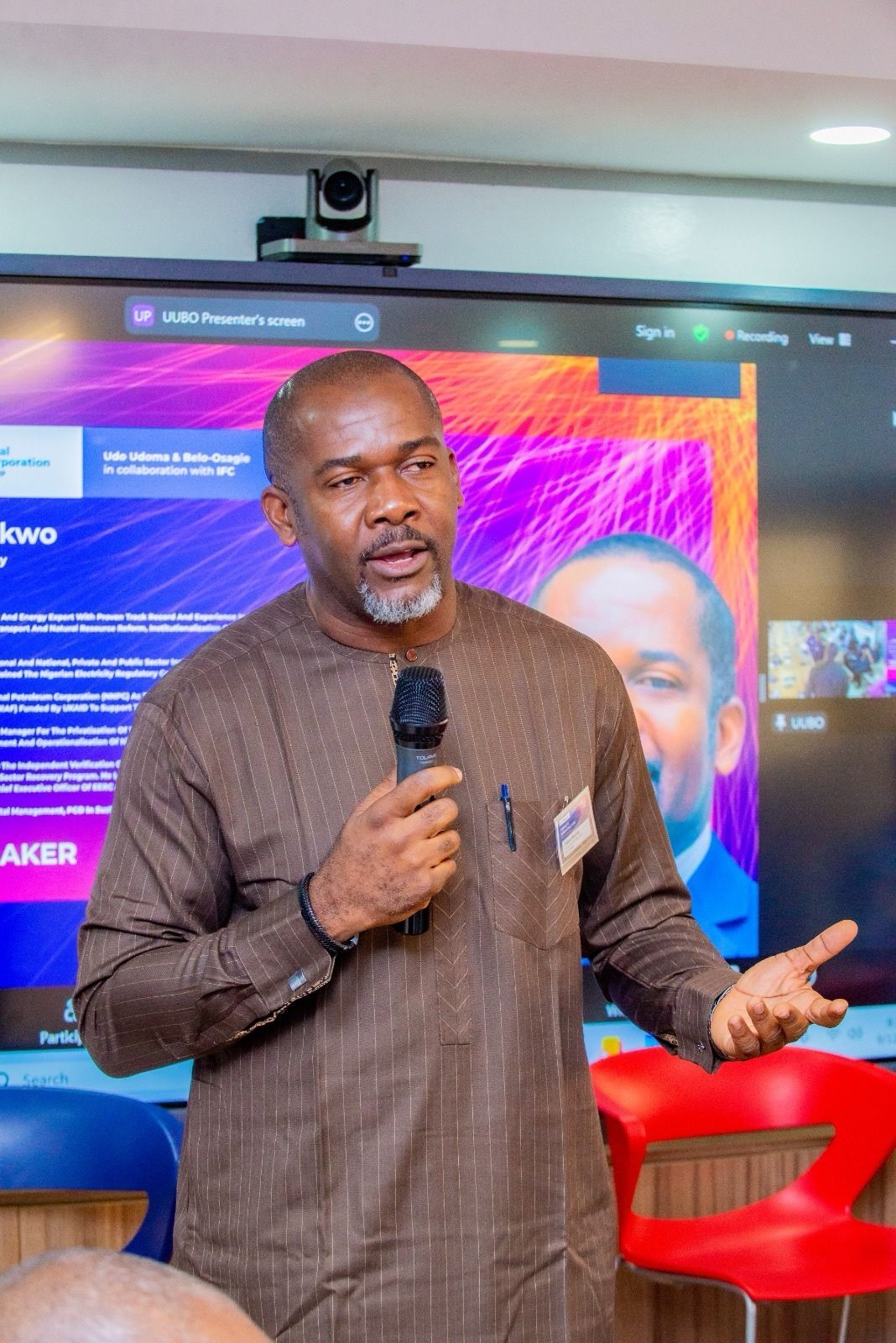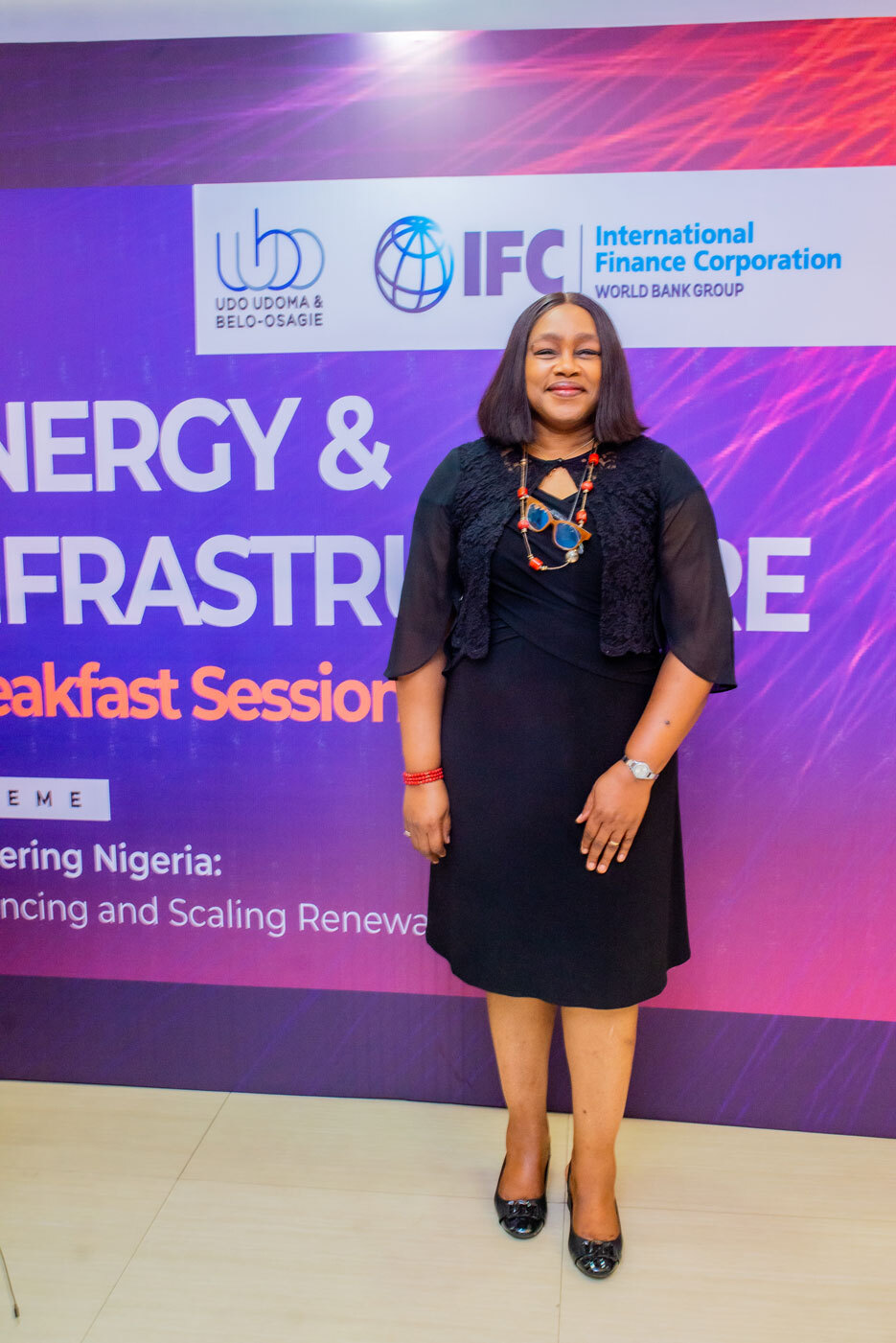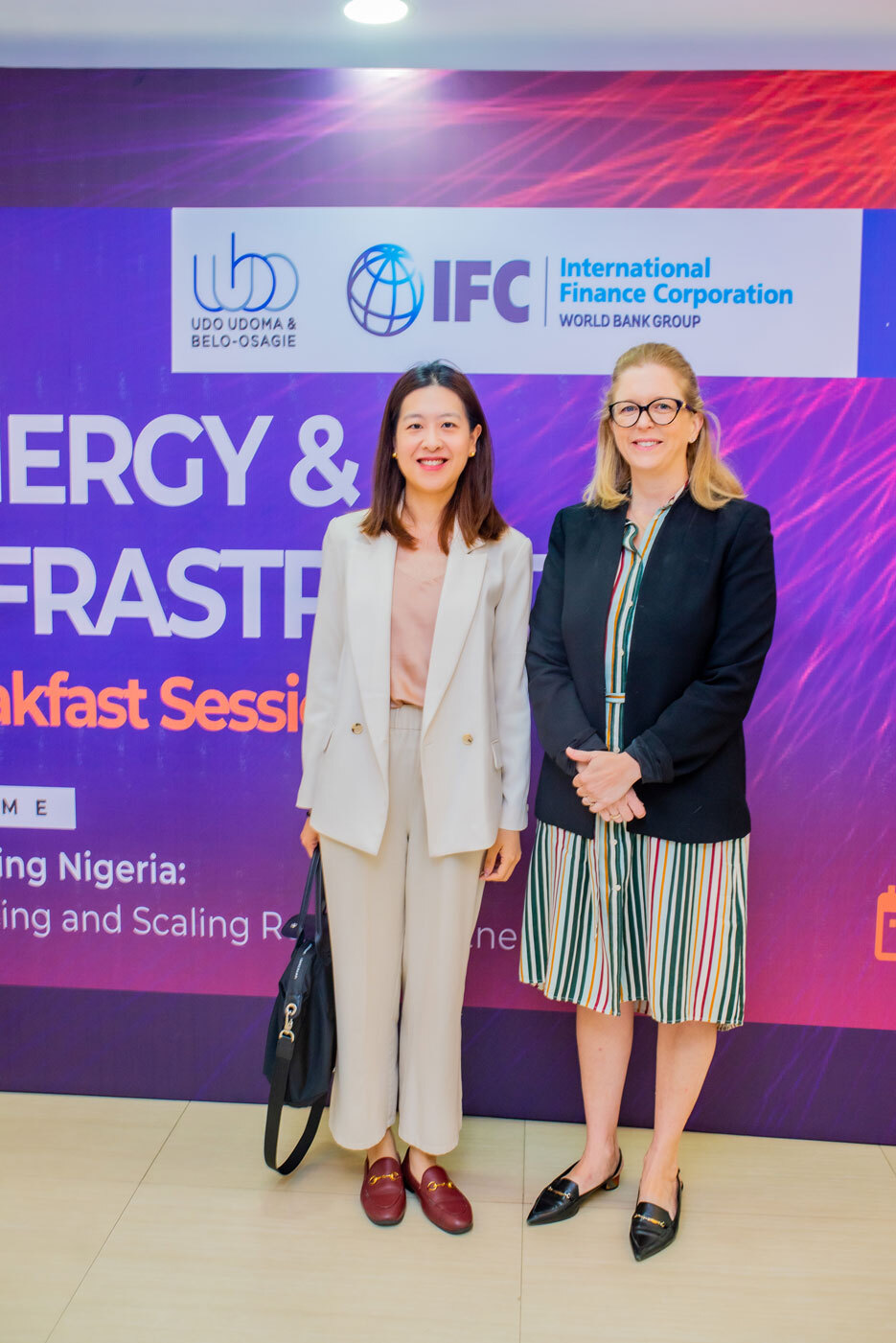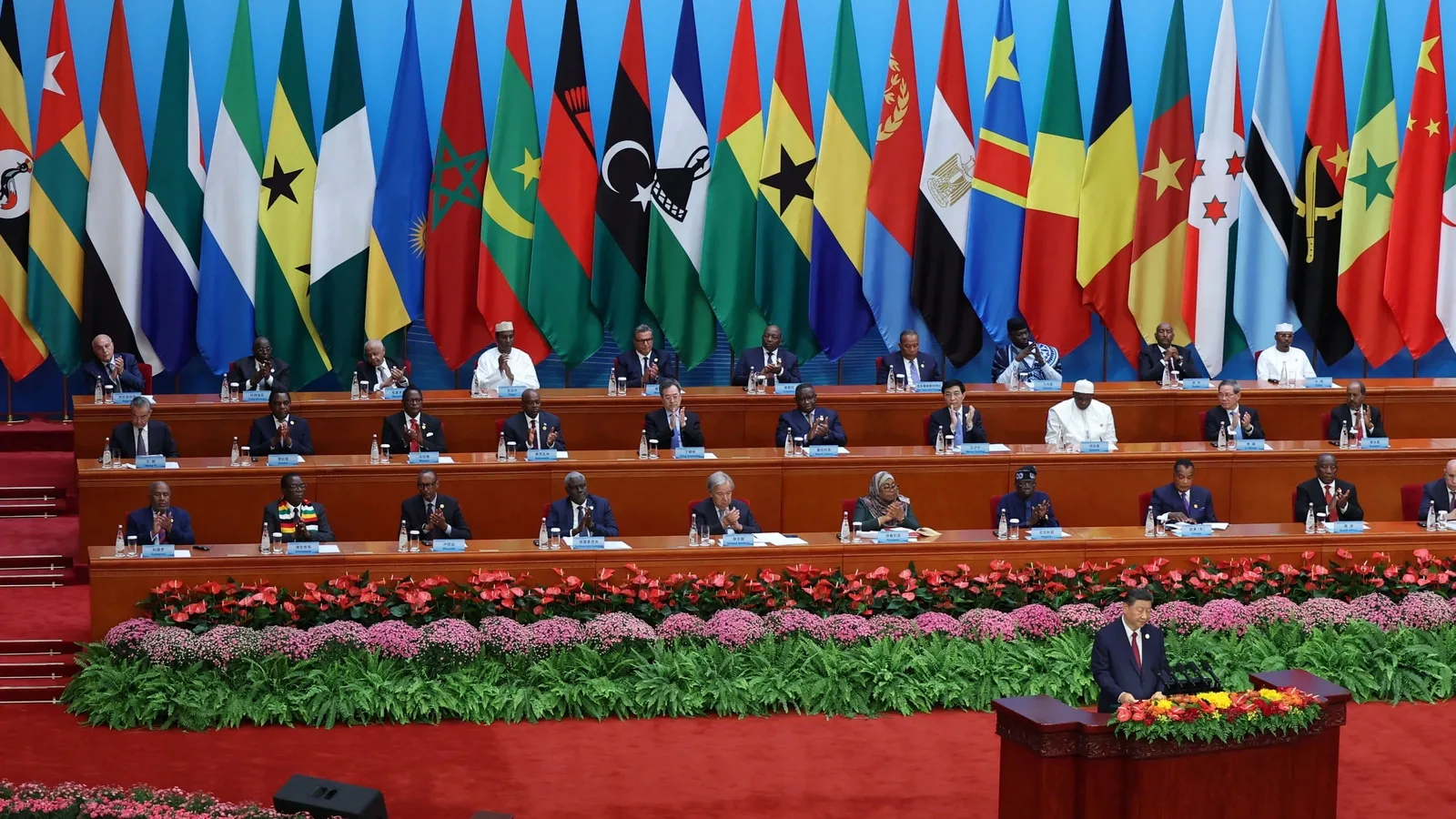Keynote speaker, Chijioke Okonkwo, Chairman of the Enugu State Energy Regulatory Commission (ESERC), at the UUBO Energy & Infrastructure Breakfast Session 2.0, outlined a state-driven roadmap, customer-friendly rules, community ownership, and standardised PPP agreements to accelerate reliable power for schools, clinics, and MSMEs, as around 2.1 million people (about 45% of the state) remain off‑grid.
Enugu State is advancing a regulatory framework to scale renewable energy projects by leveraging the Electricity Act 2023, as 2.1 million people, around 45% of its population, remain without power. Speaking at the UUBO Energy & Infrastructure Breakfast Session 2.0 in Lagos, Chijioke Okonkwo, Chairman of the Enugu State Energy Regulatory Commission (ESERC), said the state is introducing customer-friendly rules, standardized agreements, and streamlined permits to de‑risk projects for investors and accelerate grid connections.
“The message is clear: align incentives and de‑risk delivery so projects can scale where the need is greatest,” Okonkwo said, underscoring a state‑led pathway to reliable power for schools, healthcare facilities, and small businesses.
Investor Barriers Targeted
Okonkwo outlined reforms designed to convert national policy into bankable project pipelines. These measures include predictable licensing, land access facilitation, rights of way, and grid interconnection. Draft template contracts and customer protection benchmarks are being developed to reduce transaction costs, enabling projects to reach financial close faster.
Opening the session, Jumoke Lambo, Managing Partner at Udo Udoma & Bello‑Osagie, said legal clarity was crucial for energy and infrastructure development. “Infrastructure and energy are not just sectors, they’re the foundations of Nigeria’s growth, innovation, and opportunity,” she said, urging for “timely, practical action” from both government and private capital.
The Lesley Denyes, Africa Regional Head of Operations, representing the International Finance Corporation (IFC) added that Nigeria’s renewable transition is equally about social equity and environmental impact. “Powering Nigeria is not just an economic opportunity, it’s a social opportunity and it’s about environmental stewardship,” its representative said, noting blended financing models as critical to scaling private investment.
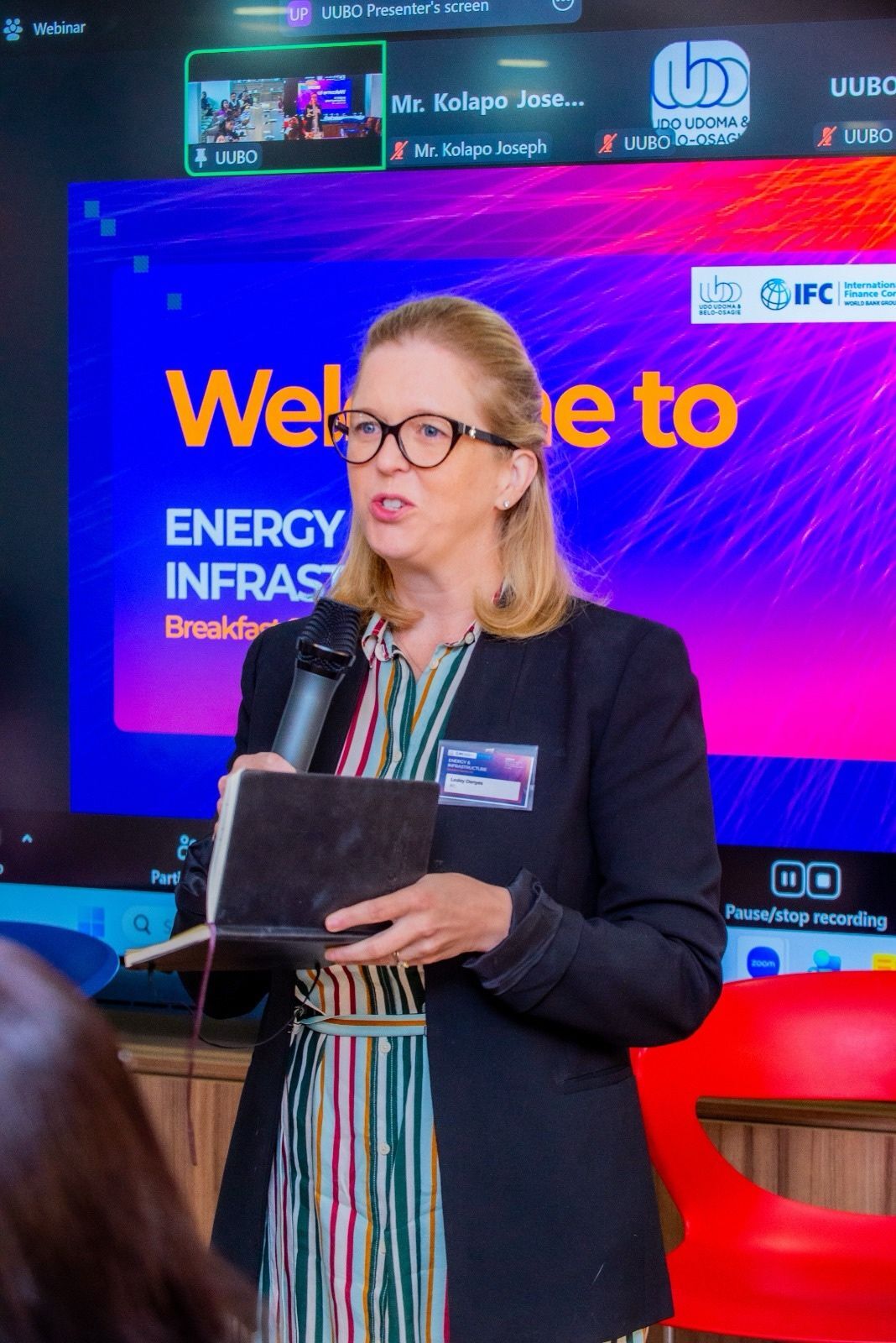
Energy Transition Goals
The ESERC chairman linked Enugu’s initiative to the Nigeria Energy Transition Agenda (NETA), which emphasises clean energy for public institutions, MSMEs, and community-driven systems. Decentralized renewables and mini grids, he said, can scale more rapidly when agreements are standardized and communities co‑own projects by endorsing sites and safeguarding infrastructure.
He framed the effort within Mission 300, a World Bank and African Development Bank initiative to provide electricity to 300 million people across Sub‑Saharan Africa by 2030. “Collaboration is key,” Okonkwo stressed. “Communities are willing to pay when service is reliable, and value is clear.”
Calls to Action
Okonkwo used the forum to call on investors and financiers to bring forward robust, investment-grade proposals meeting technical and social-impact standards. For communities, he called for early participation in site validation and infrastructure protection to strengthen revenue assurance.
“Without reliable and sustainable power, businesses struggle to thrive; communities are stifled, and our economy cannot achieve its full potential,” said Lambo, reinforcing the need for urgent delivery. Okonkwo concluded: “Standardised agreements and customer‑friendly regulation are how we move from discussion to delivery.”
Policy Context
The Electricity Act 2023, which repealed the 2005 power sector framework, devolves key authority to states, enabling them to license generation, transmission, and distribution within their territories and to set tariffs for intrastate markets. Policy experts say this shift allows subnational governments to drive market creation closer to consumers while coordinating with national guidelines.
Broader Implications
Transparent regulation, standard procurement templates, and enforceable contracts could enable Nigeria to move from fragmented renewable pilots to scalable project portfolios, improving service delivery to millions. Analysts argue that state-led markets, if aligned with investor protections and community inclusion, can unlock funding at both concessional and commercial levels.
Regionally, Nigeria’s decentralised model, backed by Mission 300, offers a practical template for other African governments seeking to accelerate electrification, attract private capital, and deliver measurable socio-economic outcomes.

